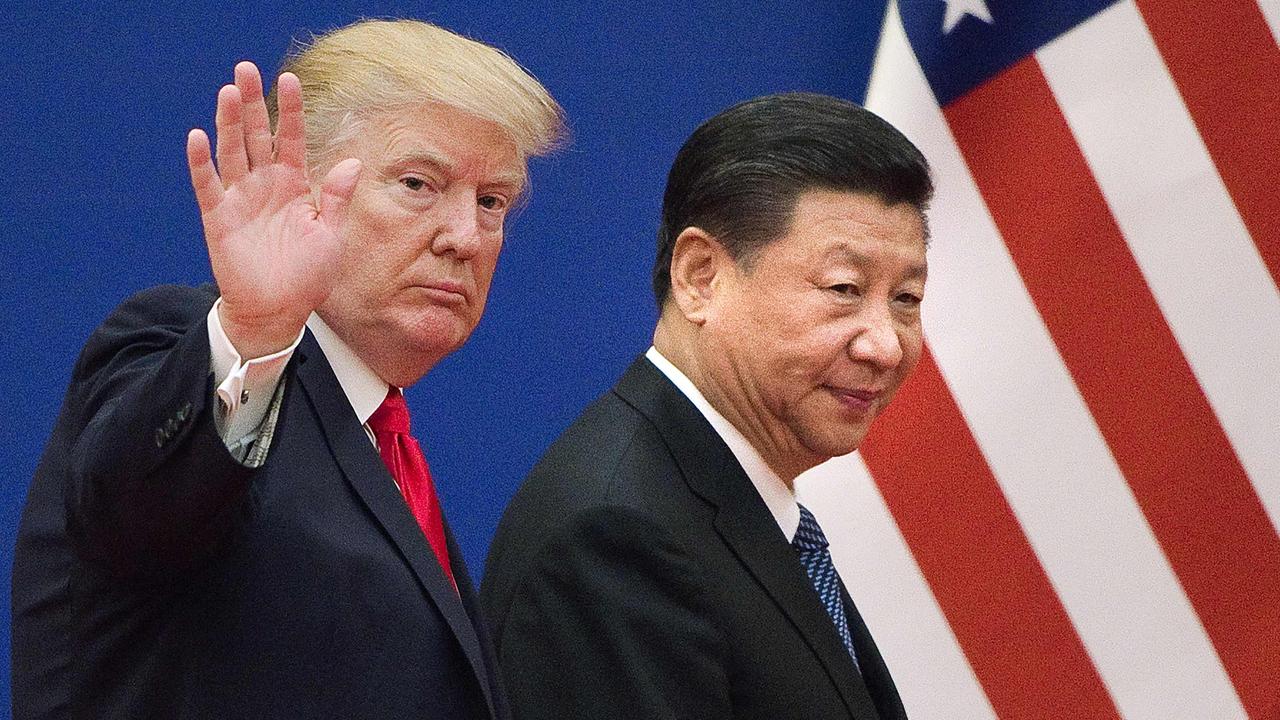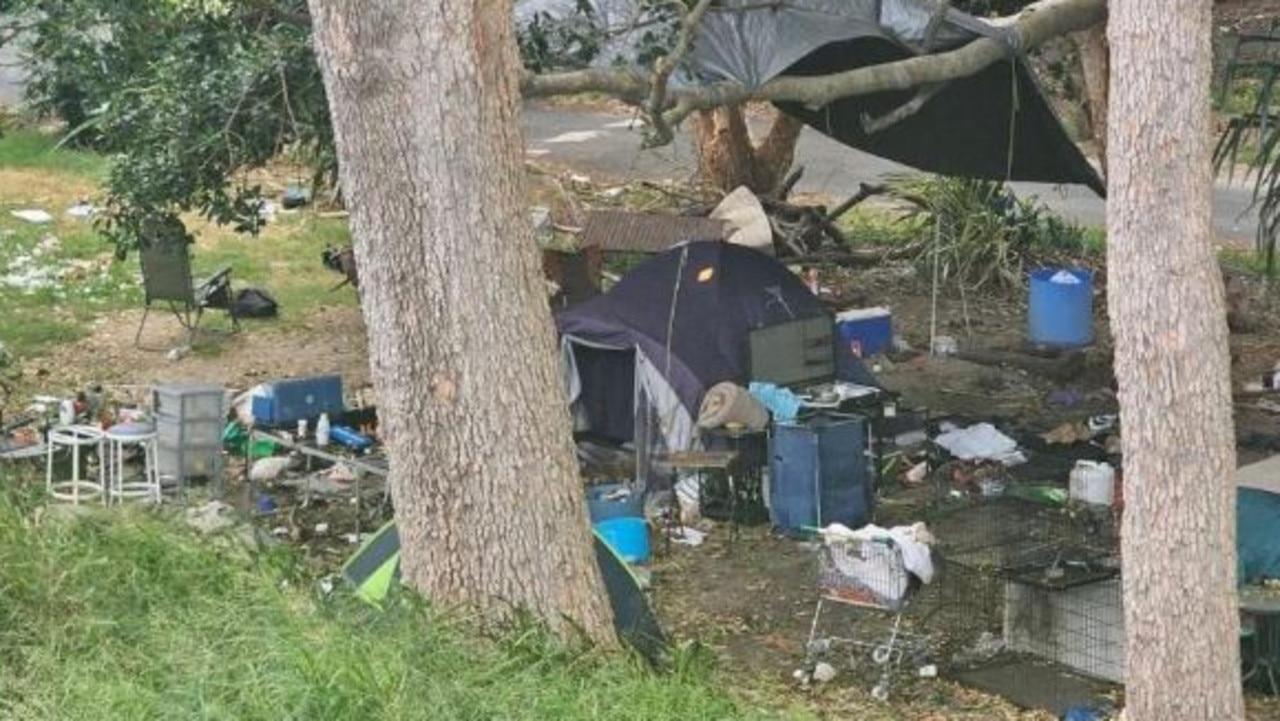Queensland’s risk of being ‘collateral damage’ in Donald Trump’s tariff war
Academics believe Queensland could be caught between tariff tensions between China and the United States, as it already deals with dwindling coal royalties.

QLD News
Don't miss out on the headlines from QLD News. Followed categories will be added to My News.
Queensland risks collateral damage from any trade war between the US and China, with its economy already suffering declining coal royalties and multibillion-dollar infrastructure blowouts.
Academics believe there could be consequences from a potential manufacturing downturn from its biggest trading partner, which has to confront the US decision to lift tariffs by 10 per cent on Chinese goods.
It is speculated the need for Queensland coal could be reduced, even as the state treasury confronts a 37.5 per cent decline in coal royalties in the past year as prices fell back to pre-Covid-19 levels.
Griffith University humanities professor Michael Ondaaje, specialising in US politics, believes Australia’s close alliance would not guarantee safety from US President Donald Trump’s protectionism.
He said Australia had an advantage by being among a few nations to have a trade surplus with the US, but the most likely economic impacts would be indirectly through tariffs on China.
“If China is economically wounded here, the fear is that demand for Australian exports would drop,” Prof Ondaaje said.
“In Australia we rely heavily on international trade for our economic health, so activity of this kind that compromises international trade could really hurt us.”
Queensland exported $25.2bn of goods to China the past financial year, including $4.6bn in coal.
Four years ago coal exports was worth more than double that to the state economy, and within that time China halted trade in response to Australia’s push into a Covid-19 inquiry.
It lifted the ban in 2022 as coal peaked at almost $US440 per tonne, although the amount exported was a fraction of the 55bn tonnes shipped in 2018-19.

As prices return to pre-Covid-19 levels of about $110 per tonne, China’s demand for Queensland coal also has increased, having imported 28bn tonnes in the last financial year.
James Cook University economics lecturer Diana Castorina said tariffs against Chinese businesses could impact their jobs and income, which in turn affects a need to buy other goods and services unless its government found ways to stimulate its economy.
Australia had resilience because of the high quality of its coking coal, and when tensions escalated between the two countries during Covid, Queensland was able to divert most of its product to Japan, India and Korea within a year.
“It could be envisioned if such a ban was repeated, Queensland would be able to exercise some resilience such as in the past to quickly pivot and diverse its portfolio of whom it exports to,” she said.
“Much depends on its trade relations with other nations also.”
Finance and Trade Minister Ros Bates said Trade and Investment Queensland was paying close attention to US policies, but it had a diversification strategy which opened up to other markets including India.
“It’s too early to draw specific conclusions about the impact of tariffs, particularly in relation to certain commodities,” Ms Bates said.
“While there is a possibility of flow-ons from the US announcements, this could equally lead to new opportunities for Queensland exporters to existing markets, including China and the US.”
Trade and Investment Queensland identified opportunities could be improved as China adjusts its economic model from growth to quality development, with its companies looking to invest in sectors besides mining, such as healthcare and food products.
Originally published as Queensland’s risk of being ‘collateral damage’ in Donald Trump’s tariff war







